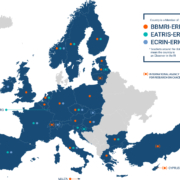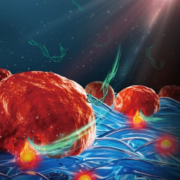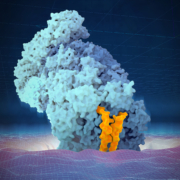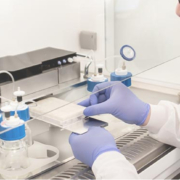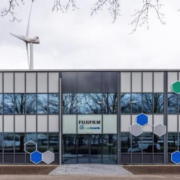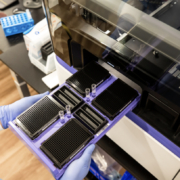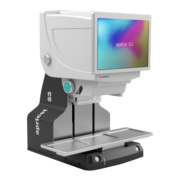3 research infrastructures form new biomedical alliance EU-AMRI
BBMRI, EATRIS and ECRIN, the medical European research infrastructures, supported by the European Strategy Forum on Research Infrastructures (ESFRI), have joined forces by forming the European Alliance of Medical Research Infrastructures (EU-AMRI). EU-AMRI aims to facilitate the effective and efficient use of scientific services, expertise and tools by academia and industry for the seamless translation […]



